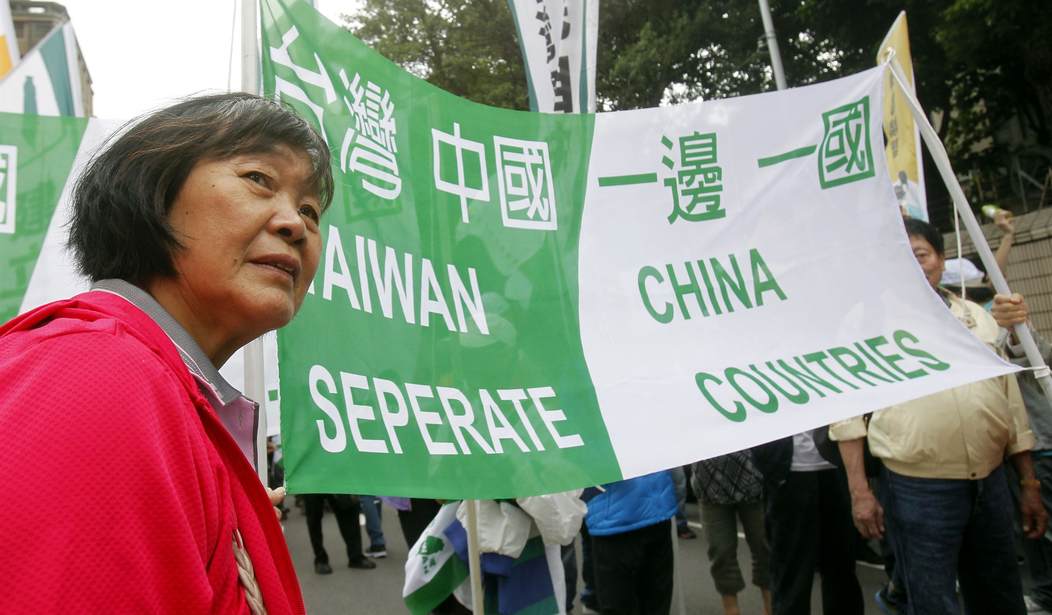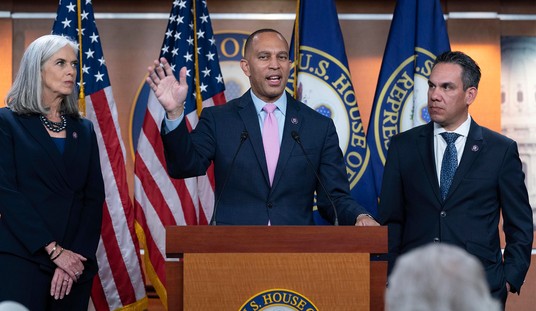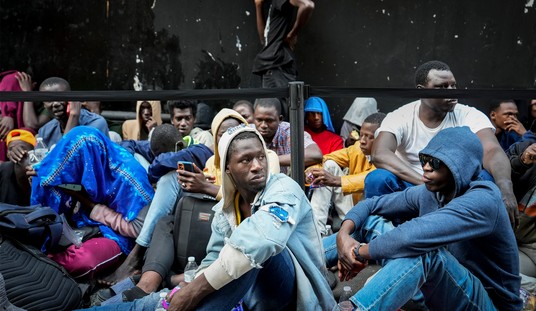Taiwan's Vice President Lai Ching-te (aka William Lai), labeled by the ChiComs the "destroyer of peace," has won the election as Taiwan's next president, dashing the hopes of China's Xi Jinping that the millions of dollars spent meddling in this election would buy a victory.
Lai, who belongs to the incumbent Democrat Progressive Party (DPP), won 40 percent of the vote. The candidate of the rotting husk of Chiang Kai-shek's Kuomintang (KMT), Hou Yu-ih, who, oddly enough, was China's favored candidate, won 33 percent. And the candidate of the new "third-way" party, the Taiwan People's Party (TPP), former Taipei mayor Ko Wen-je, won 26 percent.
While the DPP doesn't overtly advocate Taiwanese independence, it does advocate Taiwanese sovereignty and self-determination. The KMT has decayed into an accommodationist party that wants closer ties to China. It's sort of shocking that such a thing exists, given the fate of Hong Kong and Macao. The KMT philosophy seems to be, to paraphrase someone famous, that "life [is] so dear, [and] peace so sweet, as to be purchased at the price of chains and slavery." The TPP is the political "Baby Bear" in this scenario. It doesn't want to be too independent or too subservient; it wants to be just right. In short, it's like any mushy middle party anywhere.
China will be unhappy with this choice.
Days before the election, China’s Taiwan Affairs Office said by following Tsai’s path, Lai is pursuing a path of provocation and confrontation and will bring Taiwan “closer and closer to war and recession.”
Analysts say China could escalate economic and military pressure on Taiwan to show its displeasure in the coming days and weeks, or save a more forceful response for May, when Lai takes office.
China spent a lot of money and effort trying to undermine the DPP and Lai's election campaign.
The results had to be a disappointment. Two-thirds of Taiwanese voted for the status quo of Taiwan as a sovereign nation in all but name. The KMT voter tends to be much older, have their roots in Mainland China, and want reunification. This is not a winning demographic position in Taiwan.

As Xi Jinping sees his time slipping away, the realization that the long-standing ChiCom strategy of coaxing and coercing Taiwan into accepting a Hong Kong-like agreement will not work may lead him to increasingly aggressive and reckless actions.
READ MORE: Xi Jinping's New Year's Resolution: Invade Taiwan
And he may have good reason to believe that his investment in Joe Biden will pay off.
RELATED: China Announces That It Won the 2020 Election and Expects to Collect on Its Investment













Join the conversation as a VIP Member